Germany Prepares Elections: Rivalry Between Conservatives and Greens
The 2024 elections in Germany are shaping up to be a crucial event in the country’s politics, pitting two major players against each other: the Greens and the Christian Democrats. In this context, Friedrich Merz, leader of the Christian Democratic Union (CDU), emerges as a central figure in the electoral contest, in fierce competition with the current Chancellor Olaf Scholz of the Social Democratic Party (SPD).
Both parties are preparing for a battle that will not only define Germany’s immediate political future but also reshape the traditional alliances that have characterized German politics for decades. The significance of this election lies in how each party plans to address the economic and social challenges facing the country, as well as their approach to international politics.
Friedrich Merz has been a persistent contender in German politics, known for his conservative stance and experience in the business sector. His leadership in the CDU has been marked by an attempt to revitalize the party and attract voters who have expressed concerns about the direction Germany has taken in recent years. Merz promotes an agenda that combines traditional Christian Democratic values with more modern proposals, seeking to adapt to an electorate that appears increasingly divided in its political preferences.
On the other hand, Olaf Scholz has sought to capitalize on the achievements of his government, focusing on economic management and the response to the pandemic. Scholz has emphasized the importance of progressive policies that address social inequalities and promote an energy transition towards more sustainable sources. However, he faces the challenge of convincing voters that his administration has met expectations and that it can effectively tackle future challenges.
The 2024 election will also serve as a testing ground for the Greens, who have gained popularity in recent years due to their focus on social justice and the environment. The Greens have presented an ambitious platform that includes accelerating the energy transition and implementing stricter policies against climate change. However, their growing influence has also drawn criticism, particularly regarding their political and economic viability at a time when the German economy faces significant obstacles.
In this context, traditional political alliances are being questioned. Smaller parties and civic movements are also gaining ground, necessitating that the larger blocs carefully consider their strategies. Previous coalitions between parties have been challenged by the emerging division of the electorate, which now seeks to choose options that reflect their specific concerns and offer clear solutions to current problems.
The economy is a central theme in the electoral campaign. With rising inflation and uncertainty in international markets, voters are looking for candidates who can ensure economic stability. Merz has argued that his conservative fiscal policies will allow for better economic management, while Scholz and the Greens advocate for a more inclusive and sustainable approach, seeking investments in green technology and social infrastructure.
Furthermore, Germany’s international relations play an important role in this election. The war in Ukraine, the energy crisis, and trade policy with China are just a few of the issues that have dominated the political debate. The strategy that Germany adopts in the international arena will be crucial in determining its position on the global stage and addressing the internal problems affecting the nation. Political leaders must demonstrate a clear understanding of these challenges and present a vision that resonates with voters.
The outcome of the 2024 elections will not only redefine power dynamics in Germany but will also influence the political direction of Europe. Germany, as the economic powerhouse of the European Union, has a fundamental role in shaping policies that affect all member states. Decisions made by the next German government will have repercussions beyond its borders, impacting the political and economic stability of the entire region.
As the election date approaches, parties are intensifying their campaigns. Debates among candidates are being followed with interest by an electorate seeking clear answers and alternatives to the current political and economic situation. Political polarization could also intensify, adding an extra layer of complexity to the election.
The Greens, with their focus on the environment and social justice, are trying to attract young people who feel disillusioned with the status quo. Meanwhile, Merz and the Christian Democrats are striving to consolidate their conservative base, defending a strong and united Germany in the face of challenges. The narrative each party constructs in the coming months will be vital to capturing the attention of undecided voters, who represent a significant percentage of the electorate.
The 2024 elections in Germany are shaping up to be a turning point in the country’s politics. With the confrontation between the Christian Democrats and the Greens at center stage, Germany’s future will depend on the ability of these parties to respond to the demands of voters. Friedrich Merz and Olaf Scholz represent different visions for the country, which could determine not just the course of German politics but also that of Europe as a whole. With economic and social challenges on the horizon, the leaders’ responsibility will be crucial in charting a path forward that meets the needs of an increasingly diverse and demanding society.
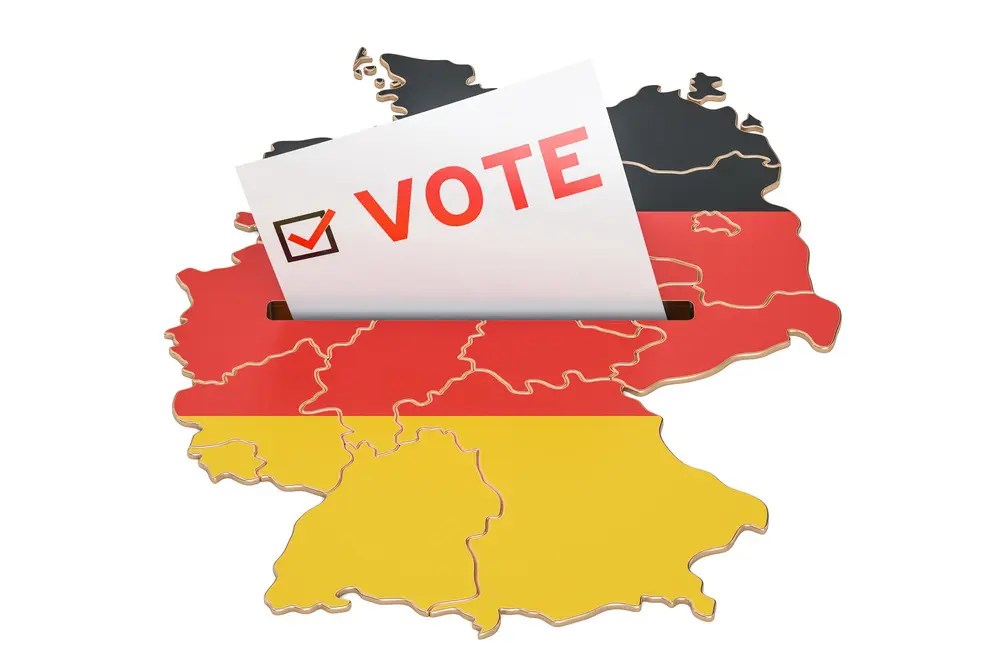
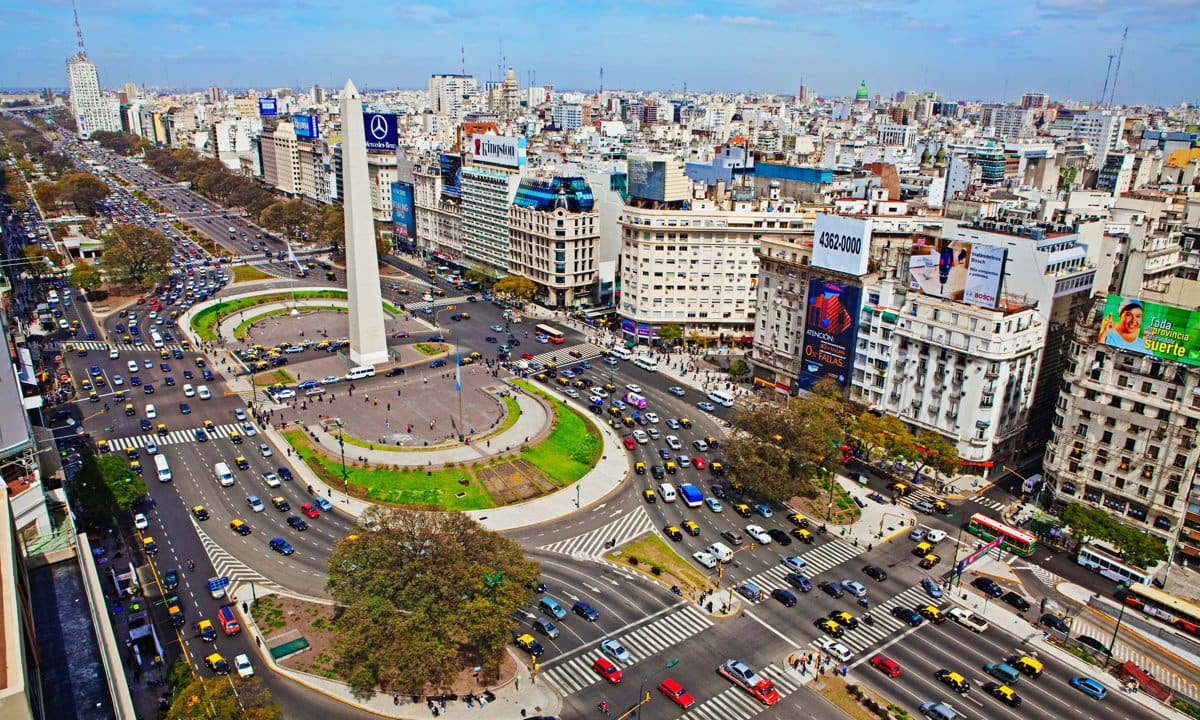

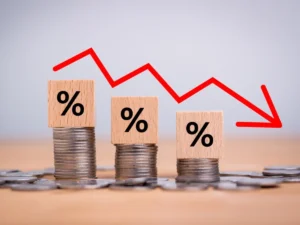

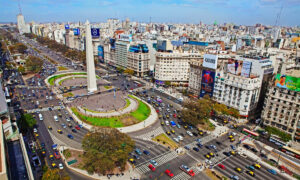



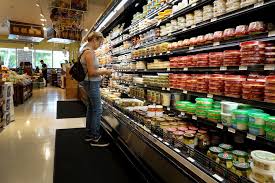


Post Comment